

Ayurvedic Medicine : Past & Present
₹250.00 Original price was: ₹250.00.₹200.00Current price is: ₹200.00.pc
5 in stock (can be backordered)
Ayurvedic Medicine: Past & Present
Ayurveda, meaning the “science of life,” is one of the oldest healthcare systems in the world, with origins dating back over 3,000 years in India. It is based on the holistic approach to health and wellness, emphasizing the balance of mind, body, and spirit. Here’s a comprehensive description of Ayurvedic medicine, its historical context, and its present-day relevance:
Past: The Origins and Development of Ayurveda
- Historical Roots:
- Ayurveda’s origins can be traced back to the Vedic period in India. The foundational texts of Ayurveda are the Charaka Samhita, Sushruta Samhita, and Ashtanga Hridaya, which were compiled between 1,500 BCE and 500 CE.
- These texts provide detailed information on various aspects of health, including anatomy, physiology, pathology, diagnosis, and treatment.
- Philosophical Foundations:
- Ayurveda is deeply rooted in the philosophical traditions of Samkhya, Yoga, and Nyaya-Vaisheshika.
- It emphasizes the balance of the three doshas: Vata (air and space), Pitta (fire and water), and Kapha (water and earth). Each individual has a unique combination of these doshas, and their balance is essential for health.
- Classical Practices:
- Ayurveda traditionally used a variety of treatments, including herbal medicines, dietary changes, massage, exercise, and surgical techniques.
- Procedures such as Panchakarma (detoxification and rejuvenation therapies) were developed to cleanse the body of toxins and restore balance.
Present: Modern Applications and Integration
- Contemporary Relevance:
- In recent decades, there has been a resurgence of interest in Ayurvedic medicine both in India and globally. Ayurveda is recognized as a complementary and alternative medicine system in many countries.
- Modern scientific research is increasingly validating many Ayurvedic practices, especially the use of certain herbs and treatments for chronic conditions.
- Global Integration:
- Ayurvedic principles are integrated into holistic health practices worldwide. Ayurveda-inspired products, including herbal supplements, dietary plans, and wellness retreats, have gained popularity.
- Educational institutions and professional organizations dedicated to Ayurveda have been established globally, offering certification and training programs.
| Weight | 0.500 kg |
|---|---|
| Dimensions | 15 × 10 × 5 cm |
| Brand |
Chaukhamba sanskrit Series |
| Language |
English |
| Publisher |
Chaukhamba Sanskrit Series |
| Author |
Pt. Shiva Sharma |


Shipping & Delivery
For fast and confirmed delivery send your complete postal address because we use India Post for delivery. It takes may be one week to 12 days and if the Customer wants through courier it charges extra according weight and pincode and you should contact us on our given number.
Shipping
- For orders up to 1 kg: ₹99
- For every additional 500 grams (above 1 kg): ₹30
- Shipping is handled by India Post.




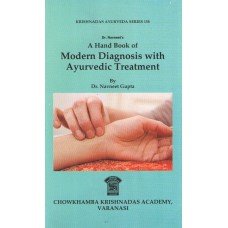
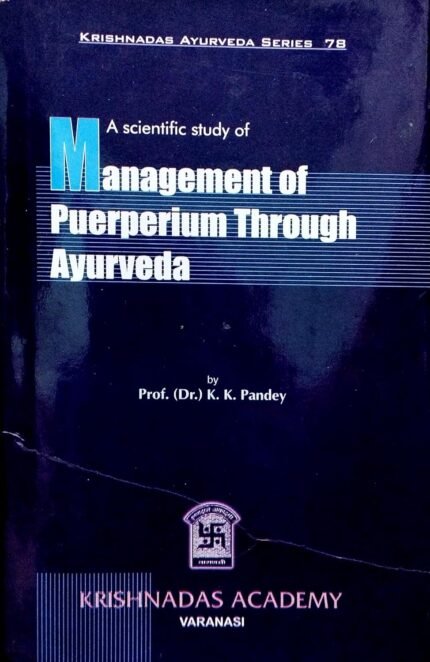
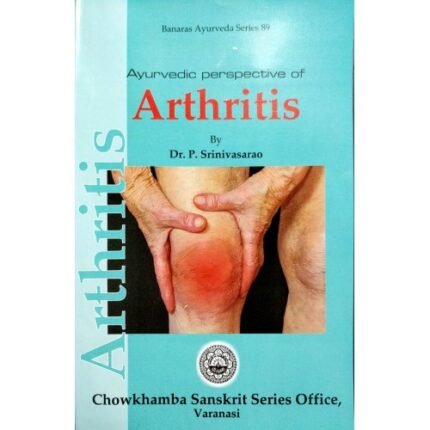


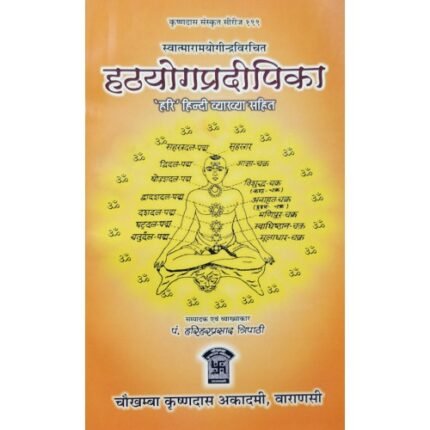




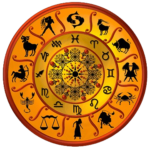






 Vastu shastra
Vastu shastra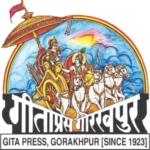 Geeta press
Geeta press
Reviews
Clear filtersThere are no reviews yet.